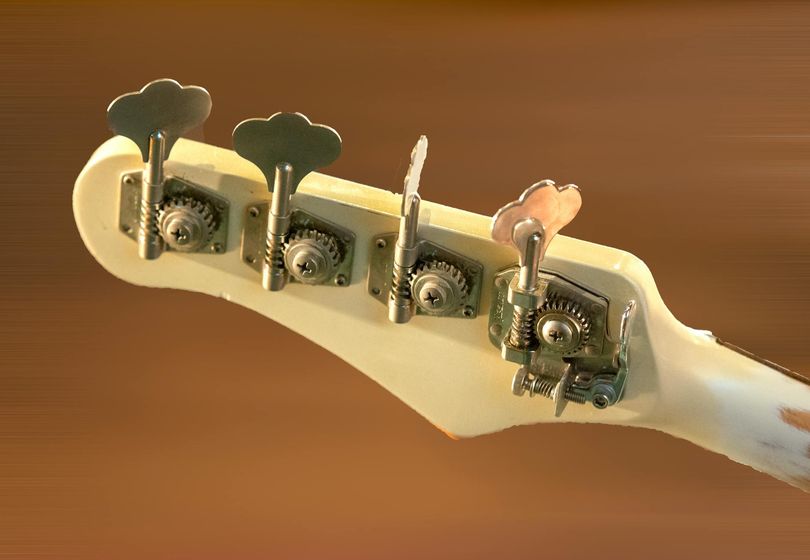
String instruments like violins, guitars, cellos, and double basses are delicate pieces of art that require proper care to maintain their quality and longevity. Learning the secrets of tuning and caring for your string instrument can help you preserve its sound and enhance your playing experience.
Proper tuning is essential for string instruments to produce the best sound. Whether you are playing the violin, guitar, or cello, regularly tuning your instrument ensures that the strings are at the correct tension. Use a high-quality tuner to achieve the perfect pitch and keep your instrument sounding its best.
Instrument maintenance plays a crucial role in caring for your string instrument. Here are some violin care tips and guitar string tuning techniques to help you maintain your instrument:
- Always wipe down your strings with a clean cloth after each use to remove any oils or dirt that may affect the sound quality.
- Store your instrument in a protective case when not in use to prevent dust and moisture from damaging the wood and strings.
- Regularly check for any loose fittings or cracks in the body of the instrument and have them repaired by a professional luthier if needed.
Cleaning your strings is another crucial aspect of instrument care. Use a soft cloth to gently wipe down the strings after playing to remove rosin buildup and sweat. This simple step can help prolong the life of your strings and maintain their tone quality.
Proper storage is key to preserving the quality of your string instrument. Avoid storing your instrument in extreme temperatures or direct sunlight, as these conditions can damage the wood and affect the sound. Keep your instrument in a dry and cool environment to prevent warping or cracking.
In addition to caring for the strings and body of your instrument, don't forget about the bow maintenance for instruments like violins and cellos. Rosin your bow regularly to maintain friction with the strings and ensure a clear sound. Check the bow hair for any signs of wear and have it rehaired by a professional if necessary.
Humidity levels can also impact the sound and condition of your string instrument. Maintain a consistent humidity level in the room where you store your instrument to prevent the wood from expanding or contracting. Use a humidifier or dehumidifier to regulate the moisture levels and protect your instrument from damage.
For professional tuning and maintenance services, consider taking your string instrument to a skilled luthier who specializes in working with violins, guitars, cellos, or double basses. A professional tuner can help you achieve the perfect sound and ensure that your instrument remains in top condition for years to come.
By following these tips and secrets of tuning, you can properly care for your string instrument and enjoy playing beautiful music for a lifetime. Take the time to maintain your instrument regularly and invest in professional tuning when needed to keep your strings sounding their best.
